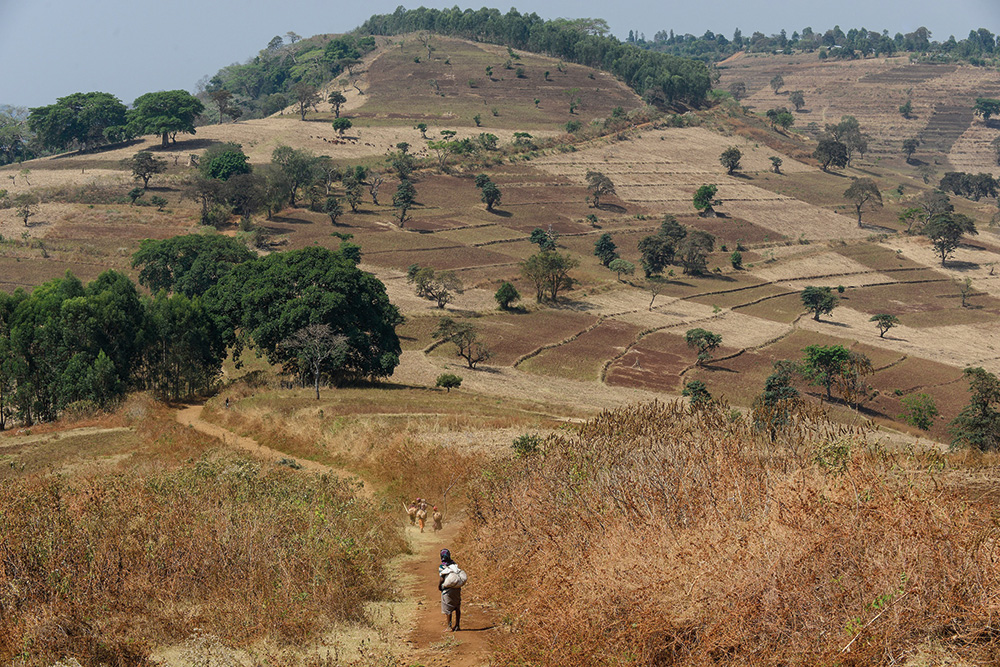Food and nutrition security in the SDGs – where are we heading?
The demand to eradicate extreme poverty and hunger has been the centrepiece of the Millennium Development Goals; the first MDG stands for the inextricable link between poverty and people’s ability to access safe, nutritious and sufficient food. How will the objective of achieving global food and nutrition security be embedded in the SDGs? Will the SDGs be a further step towards this target?





